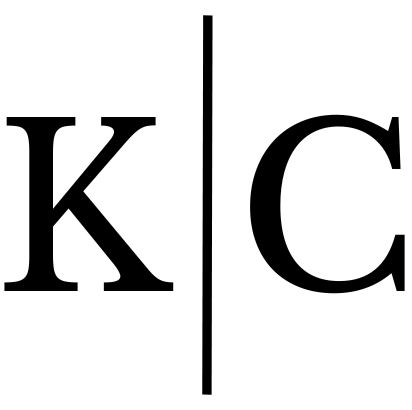Customizing Your Career Goals and Training
I read an interesting article in the Wall Street Journal yesterday that had some great insight for careers and business training. It actually wasn't about business careers at all. It was about golf instructors. The story explained that there are a variety of styles for golf swings. Some come and go and others last for decades. However, each golfer reacts better to a different style of play. Yet 90% of golf instructors are functional experts that only specialize in one style. They force that style upon every single golfer, giving the same training to everybody.
Being a professional golfer isn't about doing the same thing as everybody else and simply doing it better. It's about finding exactly what works for you and exploiting that approach. But most instructors will never help you find your ideal style. They simply give you generic training, based on what they know best, and sometimes make you worse. This analogy holds incredibly true in business careers as well, as it does with most of life. You need to develop a strong sense of self and consistently gauge whether training is tailored to you as an individual.
Being in business school makes me especially aware of this issue. Bankers will come and give advice that's only relevant to bankers. Consultants will give advice that's only relevant to consultants, etc. Each person has an approach that works for them but promotes it as if it's applicable everywhere. You shouldn't try to teach Warren Buffett how to be a short-term speculator or teach a commodities trader how to be a long-term investor. Career advisors have told me to wear a suit to an interview with a startup that would have chased me out of the building if I wore a suit (some office cultures strongly prefer jeans). In most cases that the career advisors had seen (banks, manufacturing companies, and consulting firms) the advice was accurate. But it wasn't relevant to my exact situation. Everything needs to be tailored to your particular interests, strengths, background, desired industry, goals, etc. While that sounds obvious, I'm amazed by how many times people give advice that's supposed to be customized, but is simply an expression of a functional expertise.
So own your own career, own your own goals, and take advice with care. I always seek training and mentoring and learning experiences, but I make an effort to check for styles that specifically work for me. That is so much more effective and rewarding. I encourage others to be wary of simplified models that claim to summarize everything relevant to a given business or career path.
The WSJ article also describes the structured, sequential process used by the golf instructors. Step 1, Step 2, Step 3, Success. That's how it works. Every time. But life is more complicated than that and the truly talented instructors (about 10%) first learn about the client, then create a customized plan for success. This is incredibly relevant to the business world! The old model of business training was a simple sequence. You buy suits, get an interview, get a job, follow orders, get rich, buy more expensive suits, and eventually retire. That's exactly what landed us in a financial crisis. I'm interested in that top 10% who have the ability to step aside from the mortgage-backed hype, the business fad of the moment, or a 2-by-2 matrix that summarizes an organization. Why not avoid being forced into a particular model, culture, or framework and have the guts to create your own? That is the spirit of an entrepreneur.

